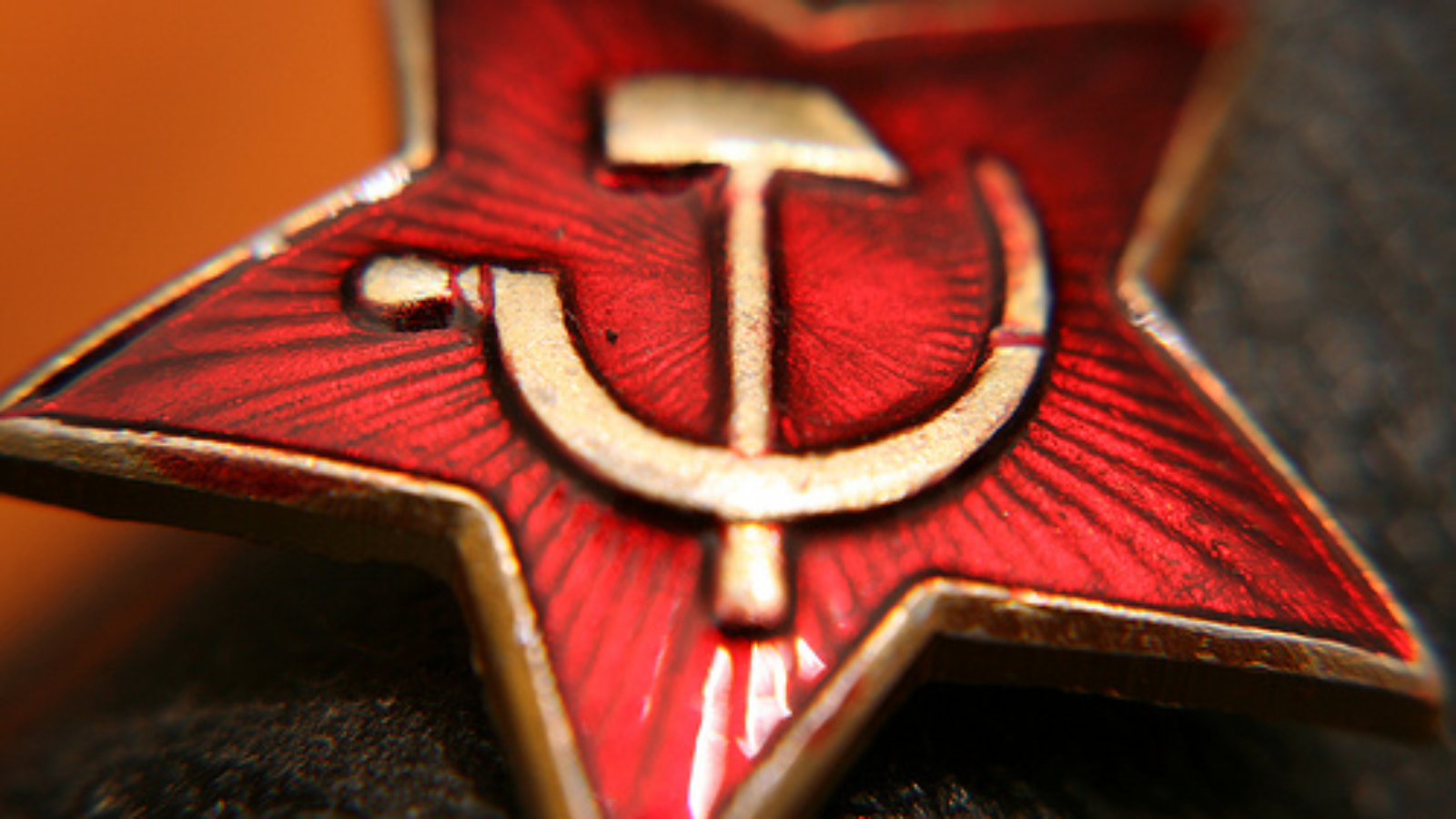Will the “post-Cold War era” ever end?
By Stephanie Hofmann & Kenneth Weisbrode
We’ve heard the line so many times: "the post Cold War era is over." In 2001, Colin Powell announced it; Presidents Obama and Medvedev repeated this mantra during their recent meetings in Washington; as did Hillary Clinton during her subsequent trip to the former Soviet Union. So why do the loose ends of the Cold War still preoccupy so many people on both sides of the Atlantic?
Russia. Or more specifically, the absence of consensus over Russia’s role between the EU and NATO, their relationship with the former nations of the Soviet bloc, the US, the EU and Turkey, and among the various interests in Afghanistan, Iran and even Kyrgyzstan. The leaders of these countries and organizations still have not advanced a clear map of the world to replace the one that governed the latter 20th century. This is a first step to convincing the public to work and sacrifice for a common future.
For now, policies advance through a series of hints: NATO is working on a “strategic concept” that, on the one hand, suggests genuine collaboration with both Russia and the EU, while also suggesting that the EU should tread lightly on security matters, as Russia may again someday pose a threat to Europe. NATO is having trouble reinventing itself given diverging priorities among its members, with Central and Eastern European states insisting on collective defense—presumably against Russia—while others pine for a global expeditionary force. For its part, the EU, though an aspiring world actor with military means, hints that it wants to be taken seriously as a player in foreign and defense policy. But its member states and even the EU itself confines such aims to the realm of rhetoric.
Russia seems to want to move closer to the West but at the same time hints that it's biding its time in order to reassert a controlling interest vis-à-vis its former vassals and its autonomy vis-à-vis Europe, particularly in energy markets. About the only hints that have received a clear thumbs down in Europe are the "radical" proposals coming from a few Americans that NATO admit Russia as a member and the EU admit Turkey. Neither is very likely.
“Rising powers” like Turkey hint that they’re fed up with so much double talk that they’re happy to build strong relationships of their own, even if this means annoying some allies and friends in the West. At the same time they insist that nobody is turning her back on them.
If things continue, the American people may become so uninterested in these questions that it will be impossible to sustain a large US commitment to Europe, including NATO. At that point, all bets are off.
Not surprisingly, a few leaders are suggesting alternatives. Germany’s Angela Merkel has advanced a joint EU-Russia Committee on Security and Foreign Policy. It’s supported in principle by the Russians, who not long ago proposed their own new treaty reorganizing European security. But how seriously do the other members of the EU take such things? And where is NATO in this picture?
Well, NATO is busy inventing similar schemes. It talks about revivifying the dormant NATO-Russia Council, and of working more closely with an “EU partner.” There is something called the “comprehensive approach” which calls for civil-military partnerships, not only with the EU but also with other organizations like the UN and OSCE. Nobody really knows what this means, either.
You’d think the two organizations would have an easier time of it. After all, 21 states are members of both. In 2003, the EU and NATO signed an agreement by which the EU gained access to NATO assets and capabilities. But the EU is reluctant to offer NATO anything in return. Such an agreement would greatly strengthen NATO’s nation-building efforts, which it has promoted actively in the Balkans, Afghanistan and in its own “strategic concept.”
NATO appears to have reacted in kind. For example, the EU sent its own police force to Afghanistan, asserting its autonomy from NATO. Yet the EU couldn’t guarantee the security of its staff there, and an overstretched NATO has demurred from signing a formal agreement to provide it. If NATO and the EU have a hard time being comprehensive toward one another, similar, working level cooperation should even be harder with Russia.
History remains a stubborn obstacle. NATO is using Russian airspace and now helicopters with its pacification campaign in Afghanistan, but nobody seriously contemplates employing Russians in nation-building on the ground there.
These small illustrations are symptomatic of the deeper, conceptual problem. How best to integrate the societies, economies and defense of America, Europe and Russia? Once upon a time the peaceful “concert” was known to follow great wars. But today all we have is something resembling a messy jazz trio with far too much cacophony in the background.
This may be the best we can get in these days of temporary fixes. But fixes, networks and “coalitions of the willing” aren't enough. The world needs legitimate, accountable and solid structures of peace. It may soon be too late to build them.
Stephanie Hofmann is professor at the Graduate Institute of International and Development Studies in Geneva
Kenneth Weisbrode is at the European University Institute, Florence
